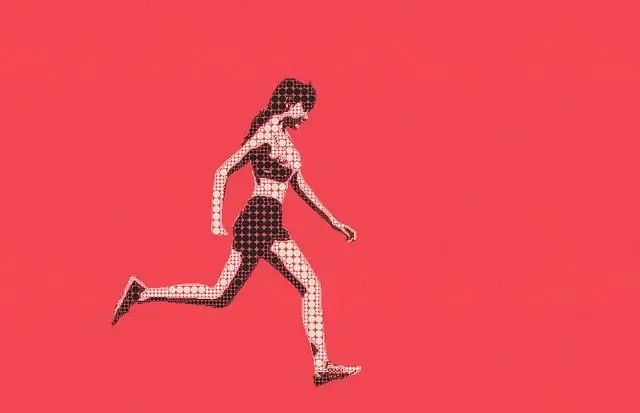Major Depressive Disorder (MDD) is a persistent mental health issue characterized by intense sadness and various symptoms. While Kratom, derived from Mitragyna speciosa, is gaining attention as a natural antidepressant, its effectiveness and safety require careful consideration. Healthcare professionals should be consulted before using Kratom for depression due to variable potencies, potential side effects, and medication interactions. A comprehensive approach to managing MDD includes therapy (e.g., CBT), lifestyle changes, natural remedies, and medical support with antidepressants, offering personalized treatment plans that address root causes for lasting relief beyond medication alone, specifically focusing on Kratom for depression.
Major depressive disorder (MDD) is a prevalent mental health condition with significant impacts on daily life. This article explores comprehensive strategies for managing MDD, focusing on natural remedies like kratom and conventional approaches. We delve into the symptoms and diagnosis of this complex disorder, offering insights into understanding its root causes. Additionally, we discuss therapy, lifestyle changes, and medical support, providing a holistic view of treating MDD. Discover how kratom may emerge as a promising option for those seeking alternative treatments.
- Understanding Major Depressive Disorder: Symptoms and Diagnosis
- Exploring Kratom as a Potential Treatment Option
- Comprehensive Approach: Therapy, Lifestyle Changes, and Medical Support for Depression Management
Understanding Major Depressive Disorder: Symptoms and Diagnosis
Major Depressive Disorder (MDD) is a common yet serious mental health condition that significantly impacts an individual’s daily life and well-being. It goes beyond temporary feelings of sadness or loneliness; MDD is characterized by persistent symptoms that can last for weeks or months, affecting how one feels, thinks, and acts. Symptoms include profound sadness, loss of interest in activities once enjoyed, changes in appetite and sleep patterns, fatigue, difficulty concentrating, feelings of worthlessness, and recurrent thoughts of death or suicide.
Diagnosis involves a comprehensive evaluation by a qualified healthcare professional who will consider the severity and duration of symptoms, personal history, and any underlying medical conditions. This may include interviews, questionnaires, and physical examinations to rule out other potential causes. When considering alternative treatments for MDD, some individuals explore Kratom as a natural remedy. However, it’s crucial to consult with a healthcare provider before using Kratom for depression due to varying potencies, potential side effects, and interactions with other medications.
Exploring Kratom as a Potential Treatment Option
Kratom, derived from the tropical plant Mitragyna speciosa, has gained attention as a potential alternative treatment for major depressive disorder (MDD). Some users advocate for its antidepressant effects, suggesting that kratom can lift mood and reduce symptoms of despair. The plant contains various alkaloids, including mitragynine and 7-hydroxymitragynine, which interact with opioid receptors in the brain, potentially modulating mood and emotion.
Research into kratom’s therapeutic potential for depression is still emerging. While some studies point to its efficacy, others highlight safety concerns and the need for more robust investigation. As with any complementary treatment, it’s crucial to approach kratom as a potential adjunct to conventional therapies rather than a replacement. Consulting healthcare professionals before incorporating kratom into a treatment plan is essential, especially considering individual variations in tolerance and response.
Comprehensive Approach: Therapy, Lifestyle Changes, and Medical Support for Depression Management
Managing major depressive disorder requires a comprehensive approach that goes beyond medication. Therapy plays a pivotal role in understanding and changing negative thought patterns, with various types like cognitive behavioural therapy (CBT) offering effective tools to combat depression. Lifestyle changes are another key component; regular exercise, a balanced diet, and adequate sleep can significantly improve mood and overall well-being. Additionally, natural remedies such as kratom for depression have gained attention, providing an alternative approach to symptom management.
Medical support is essential for severe cases, often involving antidepressant medications. A combination of these strategies allows for a multi-faceted treatment plan tailored to individual needs. This holistic method ensures that the root causes of depression are addressed, offering a more lasting solution compared to relying on medication alone.
In understanding major depressive disorder (MDD), it’s clear that managing this condition requires a multifaceted approach. While traditional therapy and lifestyle adjustments remain cornerstones of treatment, exploring alternative solutions like kratom for depression offers promising potential. As research continues to evolve, integrating natural remedies alongside conventional care may provide relief for those navigating the challenges of MDD, offering a holistic path towards improved mental health and well-being.






